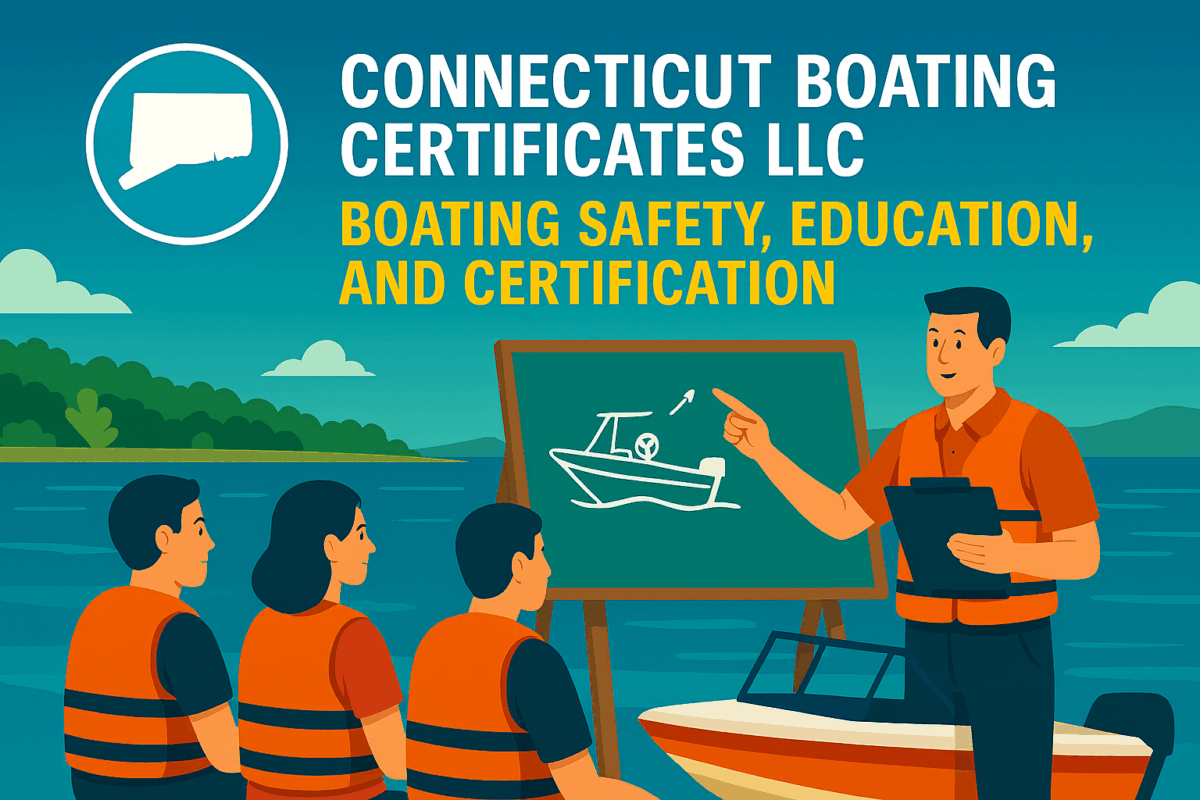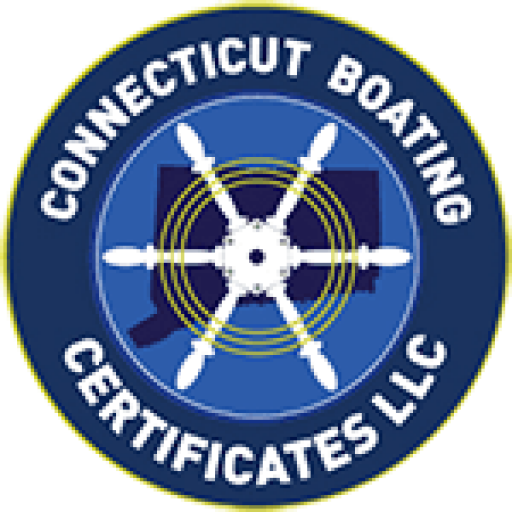Call: 1-800-832-7191

Propeller Strikes
Understanding the Dangers of Propeller Strikes
Propeller strikes are among the most serious and preventable boating accidents. These incidents occur when a boat’s spinning propeller hits a person in the water. Because propellers rotate at high speeds, even brief contact can cause severe injury or death.
Most strikes happen during boarding, swimming, or sudden engine engagement. Therefore, boaters must remain alert and follow safety protocols at all times.
Common Causes of Propeller Strikes
Many factors contribute to propeller strikes, including operator inattention, improper engine use, and crowded swim areas. Inexperienced drivers may forget to shut off the engine when passengers enter or exit the water. Additionally, reversing without checking the stern can lead to tragic consequences.
Distractions, alcohol use, and poor visibility also increase the risk. Because accidents happen quickly, boaters must stay focused and anticipate potential hazards. Installing engine cut-off switches and using propeller guards can reduce the likelihood of injury.
Educating passengers about safe zones and boarding procedures further enhances safety.
How to Prevent Propeller Strikes
Preventing propeller strikes requires a proactive approach. First, always turn off the engine when people are near the stern. This simple habit can save lives. Second, assign a lookout to monitor swimmers and other boats. Because visibility is limited from the helm, extra eyes help prevent accidents.
Use engine cut-off devices and ensure they function properly. These tools stop the engine if the operator falls overboard. Additionally, post clear safety instructions and review them with all passengers before departure.
Avoid high-traffic swim areas and maintain a safe distance from other vessels. Slowing down near docks, marinas, and anchorages also reduces risk.
Responding to a Propeller Strike Emergency
If a propeller strike occurs, act immediately. First, stop the engine and call for help using VHF Channel 16 or a mobile phone. Then, provide first aid if trained and wait for emergency responders. Because time is critical, quick action can improve outcomes.
Document the incident and cooperate with authorities. This information helps prevent future accidents and supports investigations. Afterward, review what went wrong and update safety procedures accordingly.
Finally, share your experience with others. Raising awareness helps the boating community stay informed and vigilant.
